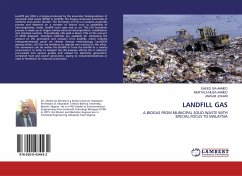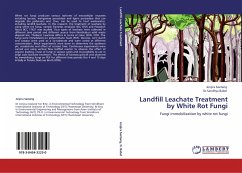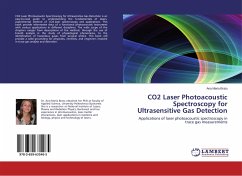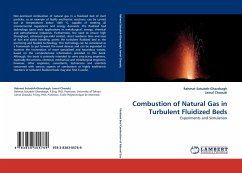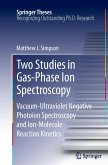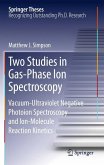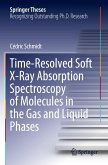Landfill gas (LFG) is a biogas produced by the anaerobic biodegradation of municipal solid waste (MSW) in landfills; the biogas composed essentially of methane and carbon dioxide. The formation of LFG is a complex anaerobic process and depends on a number of factors such as availability of microorganisms, water, landfill cover type and so on. This LFG formation process is made up of stages namely bacterial decomposition, volatilization and chemical reaction. Theoretically, LFG yield is about 15% of the amount of MSW disposed. Standard methods are available for estimating the amount of LFG generated and emission from landfills, which includes Intergovernmental panel on climate change methodology, LandGEM among others. LFG has the tendency to migrate one location to the other. The movement can be within the landfill or from the landfill to a nearby environment. In order to mitigate the LFG emission effects LFG is collected, pre-treated into various grades and utilised for electricity generation, combined heat and power generation, piping to industries/residences or used as feedstock for resource production.
Bitte wählen Sie Ihr Anliegen aus.
Rechnungen
Retourenschein anfordern
Bestellstatus
Storno

